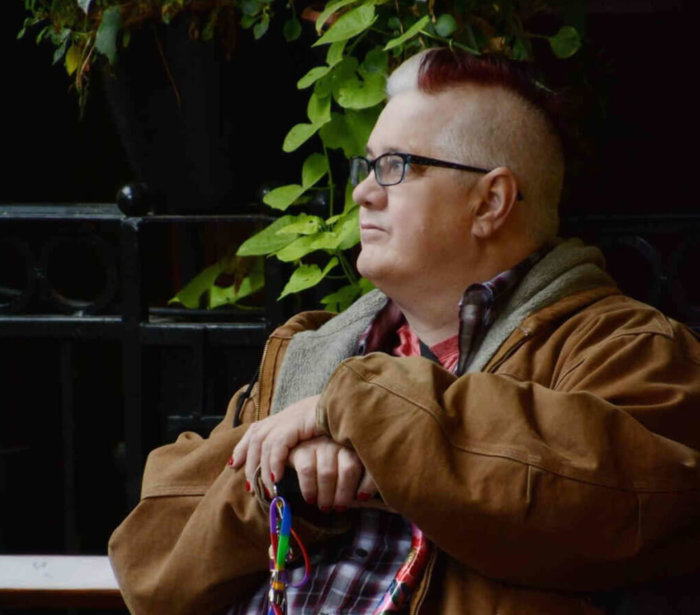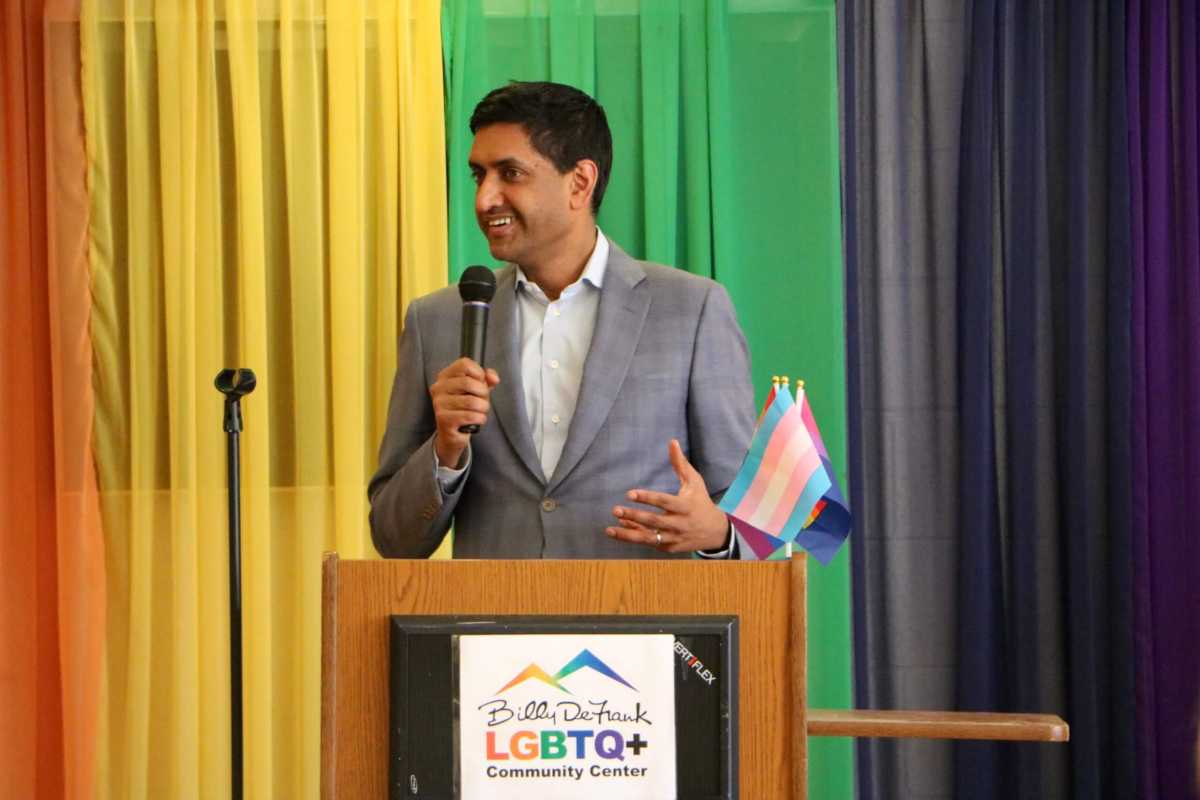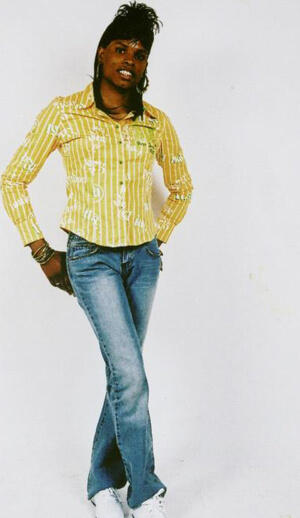A new bill introduced by Democratic Congressmember Ro Khanna of California would direct the State Department to include a third gender marker option on passports, giving non-binary and intersex individuals the opportunity to travel internationally in accordance with their gender identity.
The proposal would give individuals the right to identify on their passport with an “(X), Unspecified” gender marker. Americans are currently forced to choose between male or female when applying for a passport and those who do not choose a gender are denied. According to Khanna’s office, at least 10 countries offer a third gender option.
“Respecting every American’s gender must extend to travel abroad,” Khanna said in a written statement. “The freedom to move and express yourself no matter what should be guaranteed in this country.”
The bill also allows individuals who already have non-binary identification documents to identify on their passport with a “male” or “female” if they are not comfortable traveling to a country where they feel the “(X), Unspecified” identification could jeopardize their safety.
While the legislation may well rally support in the Democratic-controlled House of Representatives, it could stall in a Republican-controlled Senate that has resisted LGBTQ rights legislation across the board. Still, the introduction of such a bill serves as a reminder of the barriers non-binary and intersex people face in achieving basic respect and obtaining the official documentation necessary to carry out ordinary activities.
This issue came to the fore in the case of Dana Zzyym, an intersex and non-binary US Navy veteran who took the State Department to federal court in an effort to get a gender-neutral passport. In 2018, US District Judge R. Brooke Jackson in Denver ordered the State Department to issue Zzyym a gender-neutral passport, but the Trump administration continues to challenge that ruling.

Assuming the bill does not move for the time being, it is not clear how the State Department will handle passport applications from intersex and non-binary individuals able to use an X gender marker on official identification documents from a growing number of states and municipalities that now allow such designation. What happens if, for example, a person with an “X” on their birth certificate and driver license applies for a passport?
“It’s still a bit unclear how this would work, but my anecdata suggests they would tell you to ‘just pick one,’” Charlie Arrowood, an attorney with Arrowood Law who collaborates with the Transgender Legal Defense and Education Fund, told Gay City News. “This means that people who would like to change their existing passport from one binary marker to the other, or whose underlying documents have a binary marker that is different from the one they seek, are held to a different standard than those who approach the State Department seeking an X.”
Arrowood continued, “This standard requires applicants and physicians to effectively perjure themselves if the person is not male or female.”
The issue extends beyond passports. Arrowood said they have an “X” on their birth certificate but are unable to get an “X” on their New York State ID because the state does not allow gender markers beyond male or female. Out gay State Senator Brad Holylman has proposed legislation to correct this.
There are also hurdles for transgender individuals looking to change the gender designation on their passports simply to M or F. Those folks are required to produce a doctor’s note attesting to “appropriate clinical treatment to the new gender,” Arrowood said, but that does not mean anything in particular or require any specific gender-affirming care.
Should Khanna’s law pass, individuals would no longer be required to provide any such doctor’s note.
It is not immediately clear how many co-sponsors there are on the legislation, but House members who voiced support for the bill in a press release from Khanna’s office include Democrats Mark Pocan of Wisconsin, who is gay, Eliot Engel of the Bronx, Jim McGovern of Massachusetts, Pramila Jayapal of Washington, and Mike Quigley of Illinois.




































